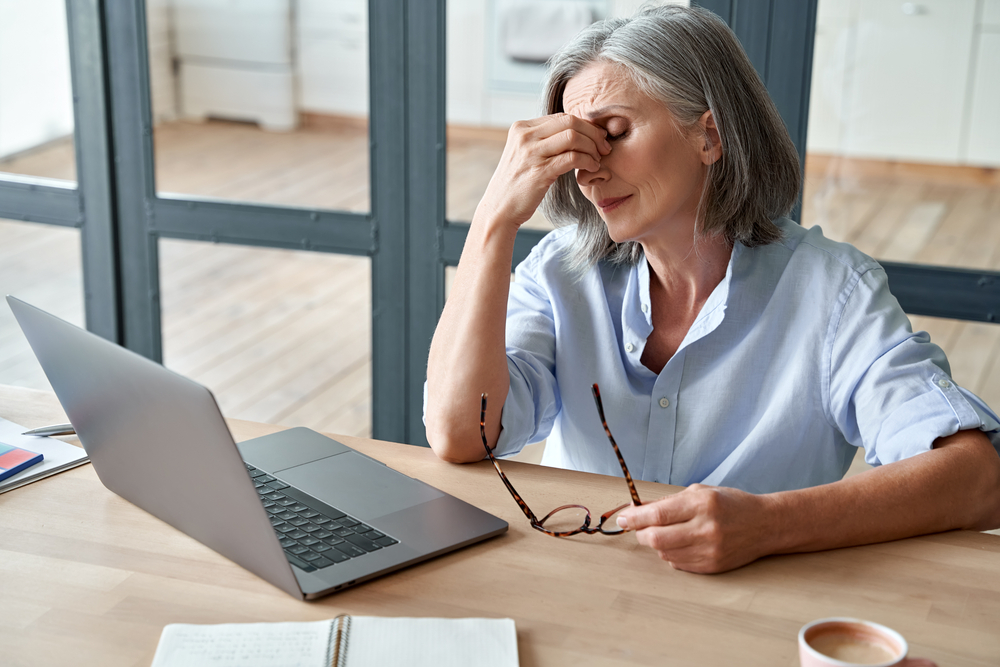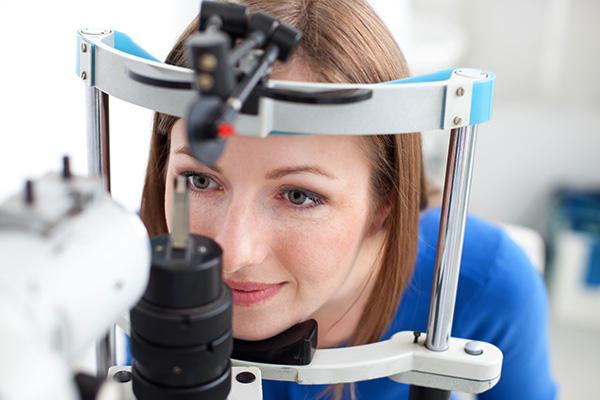
Dry eye, as the name implies, is a condition characterized by a lack of sufficient lubrication and moisture on the surface of the eye. The consequences are discomfort, visual disruption, and potential damage to the front surface of your eye.
Dry eye is not just a minor inconvenience. It can significantly affect your quality of life, making it challenging to perform tasks that require visual concentration, such as reading, driving, or using a computer. It could also lead to more serious eye problems if left untreated.
Understanding the 5 Most Common Causes of Dry Eyes
The 5 most common causes of dry eye are age, medical conditions, medications, environmental factors, and eye strain. While there are many other potential causes, these five are the culprits most frequently identified by eye care professionals.
First, age is a significant factor. As we grow older, our tear glands may not produce enough tears, or the tears may evaporate too quickly. This is particularly a problem for post-menopausal women due to hormonal changes.
Second, medical conditions also play a role. For example, people with rheumatoid arthritis and other autoimmune disorders often experience dry eye as a symptom. Diabetes can damage the nerves controlling tear production, leading to dry eye. Thyroid disorders can cause dry eye by affecting the function of the glands that produce tears.
Third, medications can interfere with tear production, leading to dry eye. Antihistamines, antidepressants, and certain blood pressure medications are common culprits.
Fourth, environmental factors, such as a dry or windy climate, can increase tear evaporation, leading to dry eye. Even indoor environments with forced-air heating or air conditioning can cause dry eyes.
Finally, activities that require visual concentration can lead to dry eye. When we focus on a task like reading or computer work, we tend to blink less often, which can cause our tears to evaporate more quickly.
What are the Treatment Options for Dry Eye Syndrome?
There are many dry eye treatment options available. These range from simple self-care measures to prescription medications and surgical procedures.
For mild cases, over-the-counter artificial tears can help. These are specially formulated to mimic the composition of natural tears and can provide temporary relief. For more severe cases, prescription eye drops or ointments may be necessary.
In some cases, changing the environment or modifying behavior can reduce dry eye symptoms. This might involve using a humidifier to add moisture to the air, taking regular breaks during tasks that require visual concentration, or wearing sunglasses to protect the eyes from wind and sun.
In severe cases where other treatments are ineffective, surgical options may be considered. These procedures aim to either increase tear production or decrease tear evaporation.
The Importance of Regular Eye Check-ups in Dry Eye Management
Regular eye check-ups are essential in the management of dry eye. Not only can they help detect the condition early before it causes significant discomfort or damage, but they can also help identify any underlying conditions that may be causing dry eye.
Additionally, regular check-ups allow your eye care professional to monitor the effectiveness of your dry eye treatment and make adjustments as necessary. This is especially important because what works for one person may not work for another, and successful treatment often involves a process of trial and error.
Manage Your Dry Eye Symptoms Today
Dry eye is a common condition that can cause significant discomfort and potentially serious complications if left untreated. However, with a better understanding of the 5 most common causes of dry eye and the various treatment options available, we can more effectively manage this condition.
If you are experiencing symptoms of dry eye, schedule an appointment with Synoptic Eye Care at our office in Fort Lauderdale, Florida. Our optometrist and opticians are highly trained to provide each client with personalized, quality service. Please call (954) 999-5592 to book an appointment today.




